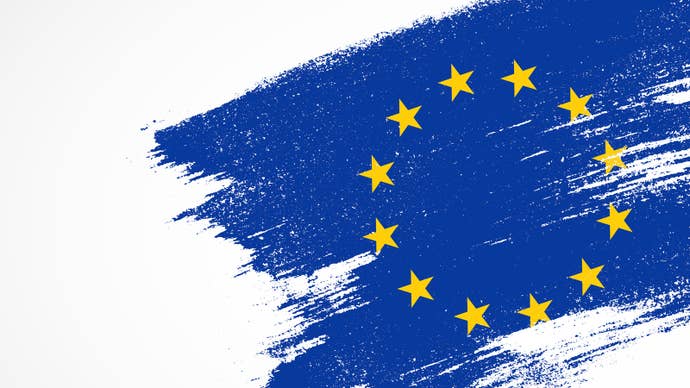“That is our Call of Duty.”
“Merger control is by nature a forward-looking exercise,” Vestager said.
Of course we cooperate, but disagreements sometimes happen.

“Currently, some people think that agencies should either block or clear mergers.
So if you block you are a ‘tough’ enforcer.
If you clear, well, let’s just say you are not perceived as tough.

“That is not our policy,” Vestager continued.
“Framing enforcement in a binary decision (to clear or to block) is limitative.
“Occasionally, we reach decisions that are not aligned with every other jurisdiction.
“The overall market share for Microsoft and Activision was generally low in Europe.
And for consoles, Sony sells about four times more PlayStations than Microsoft sells Xboxes.
With this context, we did not think the merger raised a vertical issue.
“I am told Call of Duty is a very popular shooter franchise,” Vestager continued.
Our colleagues at the CMA agreed with us and ultimately reached the same conclusion.”
“And why did we do this instead of blocking the merger?
Well, to us, this solution fully addressed our concerns.
And on top of that, it had significant procompetitive effects.
“Consider the pre-merger situation, where Activision does not license its games to cloud services.
And that is because it unlocked the potential of the cloud market.”
Microsoft and Activision, of course,have also made their own feelings clear.
As for Europe, Vestager’s regulator seems comfortable with its conclusion.
That is our Call of Duty.”